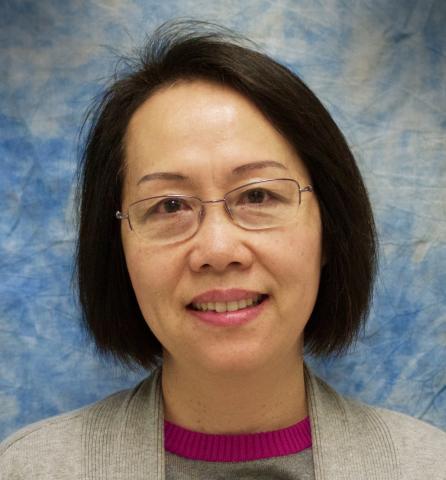Sheyla X. Zeng, MB
Research Professor

Research
Molecular dissection and translational research of the p73 and c-myc networks in controlling cell growth, senescence, death, differentiation, and tumorigenesis.
Thelong-term goal of our research is to develop small molecules as a clinically useful anti-cancer therapy. In particular, our short-term aim in this proposal is to systematically characterize this new discovered small molecule called Inauhzin as well as its highly active analog and to further interrogate its potential as an anti-cancer drug candidate by performing a series of mechanistic and preclinical studies. My research in the Lu laboratory has been focusing on understanding the regulation of the p53 homologs, such as p63 and p73, as well as their roles in cell cycle, apoptosis, cell transformation, and oncogenesis since 1998. I have obtained rich experiences in studying cancer mechanisms and cancer biology by a number of means, such as biochemical, molecular, cellular biological and xenograft animal models or tools. Also, I discovered the suppression of p73 activity by MDM2 without involving its ubiquitylation activity and also co-discovered Inauhzin as a potent p53activator and an effective suppressor of tumor growth. I am a molecular andcell biologist with a broad training in medicine, molecular biology, cell biology and animal experiments. I have directly participated in development of in vitro, in vivo (xenograft and genetic) models, reagents including antibodies and plasmids, methodology, and knowledge necessary for developing and executing the proposed studies in our research projects. Also, I have been managing the Lu laboratory since 1998. My research interest will continue to be in better understanding the roles of the p53 family members in tumorigenesis and using this line of knowledge for our anticancer drug discovery program in the lab, hoping to eventually develop small molecules as a useful drug for cancer therapy in the future.
